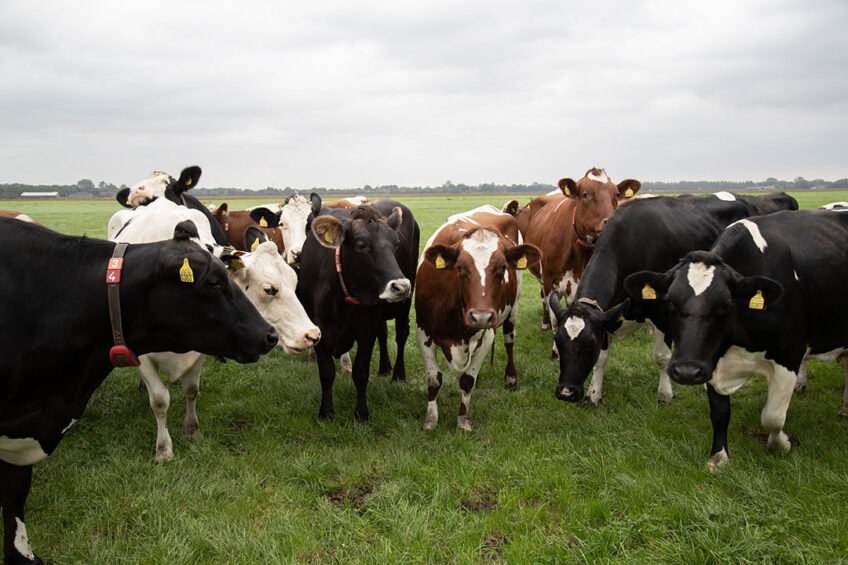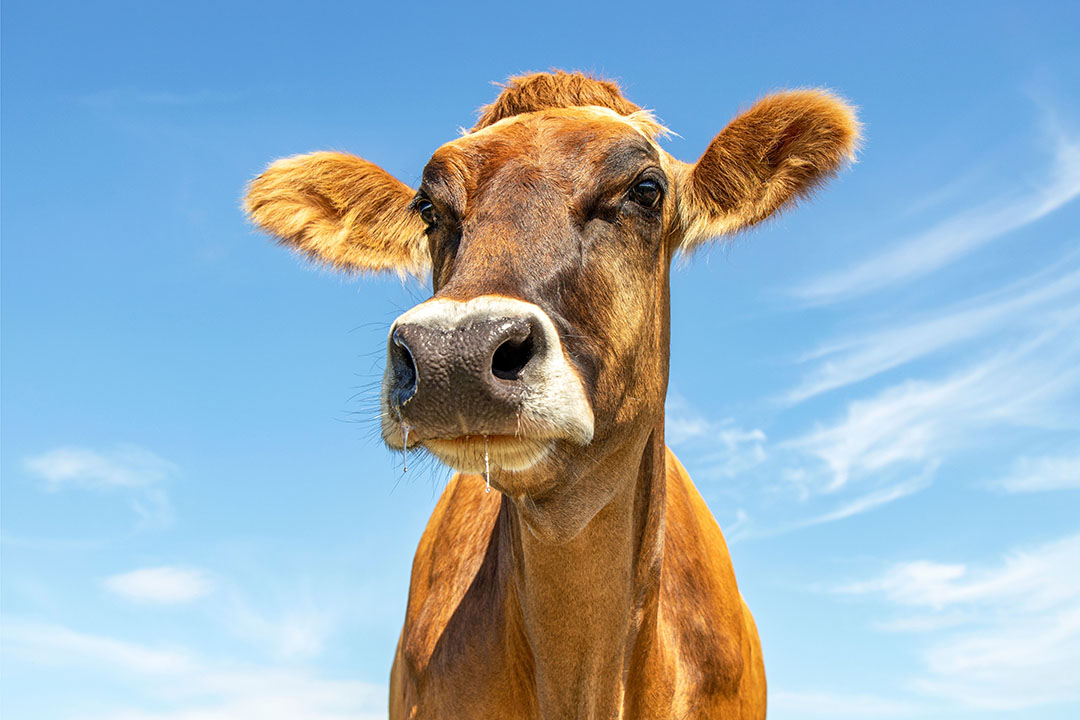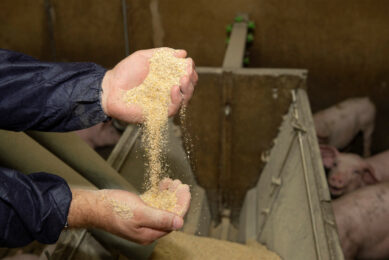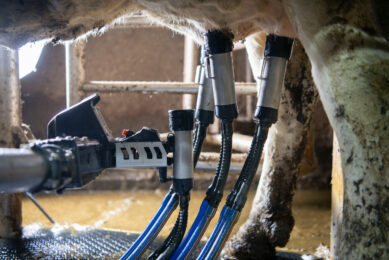Humic acid as a natural organic supplement for ruminants

The effect of humic acid as a feed supplement on feed intake, performance, digestive system, and health and product quality of ruminants.
Research into feed additives that could act as alternatives to antibiotics is of integral importance as consumers become increasingly apprehensive concerning the use of growth-promoting technologies in livestock production. Organic acids are broadly dispersed in nature; thus, they can be used as antibiotics replacement in the ruminant diets. Humic acid is one of the least expensive organic acids with a complex molecular structure and a high molecular weight.
What is humic acid?
Humic acids are coloured recalcitrant compounds naturally formed through long-term decomposition and transformation of plants and animals’ residues. Humic acids are omnipresent in soils, sediments, and water and they constitute approximately 75% of the organic matter in most soils and about 50% of the organic carbon in surface waters.
In addition, humic acids consist of oxygen, hydrogen, nitrogen, Sulphur, and phosphorus. Humic acids are long-chain, high-molecular-weight alkali-soluble chemicals, and they precipitate when the pH of aqueous media falls below 2. Humic acids are also called polydisperse due to their varying chemical composition.
Humate substances such as humic acid are applied in agriculture and livestock industry due to their environmentally friendly nature and positive impacts on productivity and quality of the soil.
Impact of humic acid on feed intake and performance
A study showed that humic acid supplementation in Swiss Brown dairy cows increases live weight in female calves more than male calves. In addition, supplementation of humic acid at 5 and 10 g/kg body weight decreases feed intake, but supplementation of 15 g/kg body weight increases feed intake.
Humic acids supplementation in lactating cows, dairy goats, and crossbred heifers diet enhances the digestibility of dry matter, organic matter, neutral detergent fibre, and crude protein by increasing ruminal microbial activity and fermentation and the reduction of faecal excretion. Calves born from cows that have been fed humic acid had 13.4 % more weight gain within 4 months. The male calves that had been fed humic acid had an increase of 21.2 % body weight.

Impact of humic acid on digestive system
Humic acids regulate gut pH, boost the activity of digestive enzymes, increase nutritional bioavailability and usage, and improve overall digestibility.
Humic and fulvic acid supplementation reduces methane production by negatively impacting energy efficiency and inhibiting the methanogenic process. In addition, Humic acid supplementation enhances rumen acetate concentrations while decreasing rumen protozoan populations, pH, ammonia, nitrogen, and butyrate levels.
Humic acids can improve rumen digestion and ruminant performance by regulating gut microbiota. The buffering capacity of humic substances increases rumen pH in goats, stabilise ruminal acidity, and improve rumen microbial function efficiency. Furthermore, adding humic acid to the diet of beef heifers results in a favourable increase in the retention of nitrogen, and digestibility of crude protein, and a decrease in faecal nitrogen excretion.
Impact of humic acid on animal health and product qualities
In cows, humic acid supplementation increases eosinophil levels and the activity of neutrophils, thus protecting individual animals against bacterial pathogens and reducing mortality in acute bacterial infections. In addition, humic acid enhances development of immunological responses, resulting in lower Somatic Cell Count and reduced incidence of coagulase-negative staphylococci-induced mastitis.
Furthermore, humic acid has antibacterial activity against Staphylococcus aureus and Enterococci; therefore, it can substitute zinc bacitracin to protect an animal from necrotic enteritis. Moreover, humate substances increase total solids in milk, milk energy, fat, protein, and lactose.
Humic acids inhibit pathogenic bacterial growth and mould growth, thus decreasing levels of mycotoxin, which lead to improved gut health. Humic acids form a protective film on the mucous epithelia of the gut tract against infections and toxins. In addition, humic acids prevent excessive loss of water via the gut and it reduces the production of stress causing hormones in calves and cows and assists animals in stress management.
Can humic acid replace antibiotic growth promoter?
Replacing antibiotics with humic acid as growth promoter in ruminant feed does not cause any loss in the performance in animals. On the contrary, performance factors including live weight gain, feed intake, feed conversion ratio, and faeces consistency of animals are considerably improved. In addition, administration of humic acid in ruminant feed excludes the possibility of antibiotic residue or microbial resistance. Furthermore, higher food conversion ratio and enhanced absorption of nitrogen by the animals leads to lower nitrogenous wastes and odour production.
Concluding remarks
Humic acid is an organic acid commonly used in ruminant diets as a feed supplement with various beneficial effects. Humic acid improves production performance of ruminants by increasing average daily gain, and feed conversion ratio. In addition, adding humic acid improves overall digestibility, reduces methane production, and enhances rumen microbial function efficiency. Moreover, humic acids improve ruminants’ immune system function and gut health, inhibit pathogenic bacterial growth, mycotoxins, and assist in stress management. However, further research is needed to evaluate humic acid long-term mode of action in ruminants.
* References will be provided upon request.












